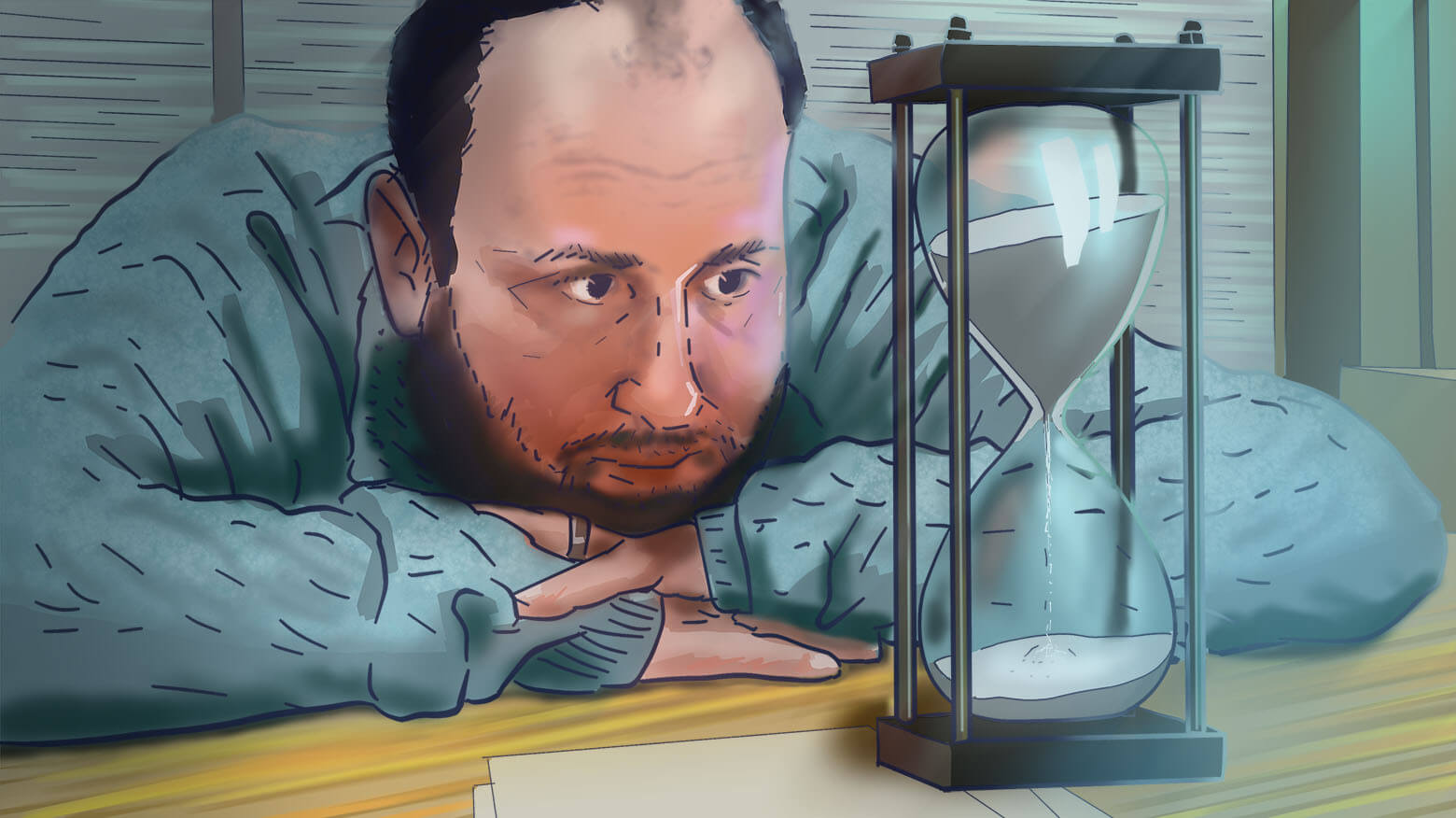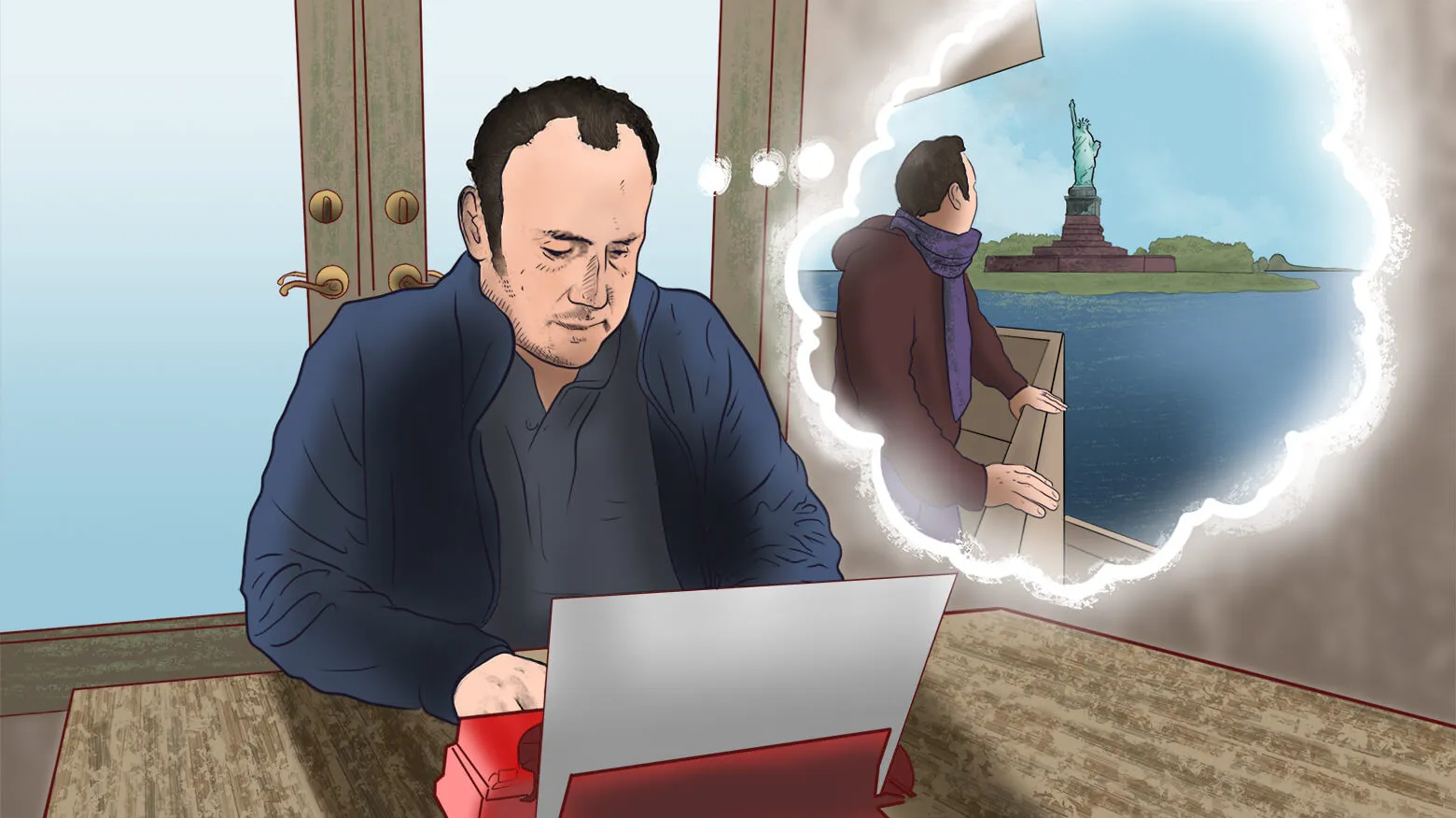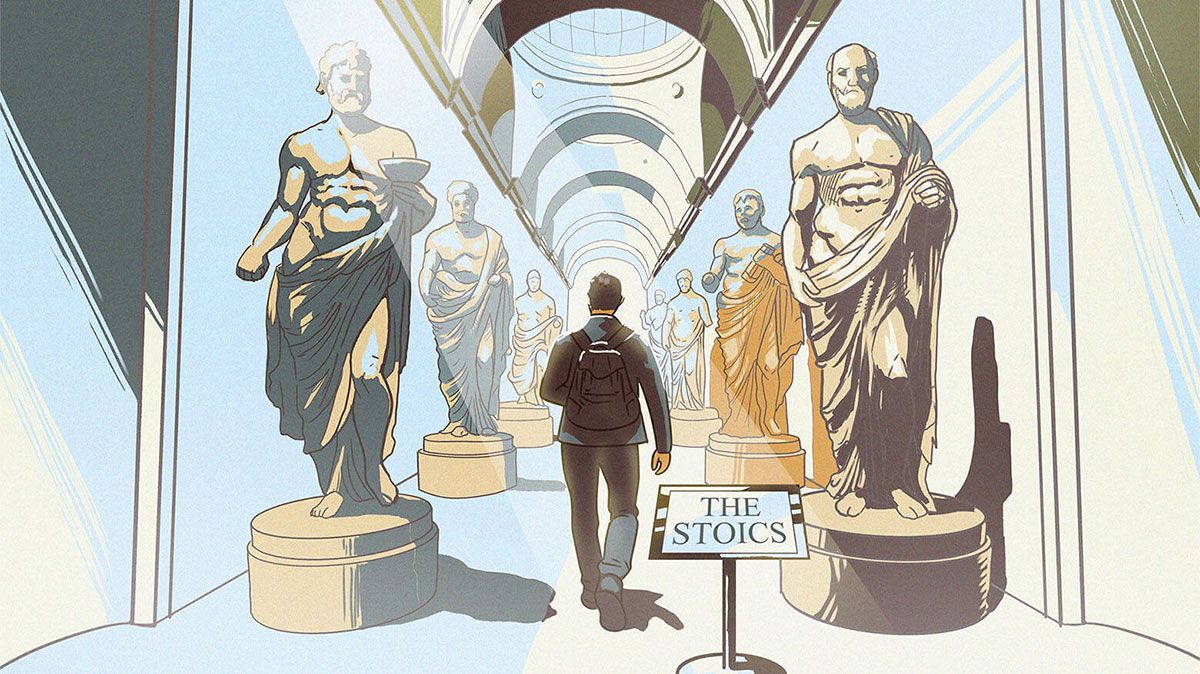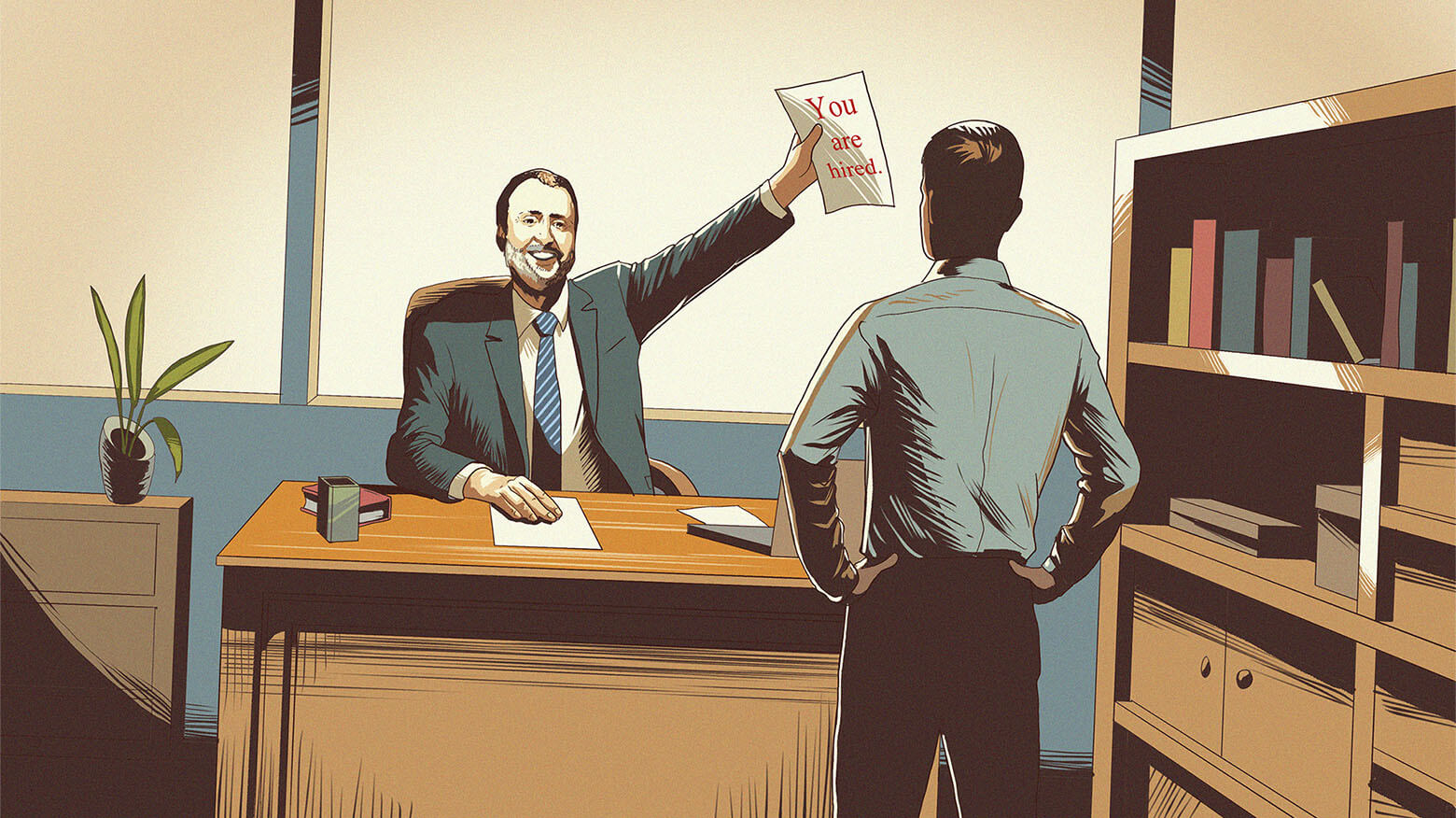I wrote the following in early February 2020 after my trip to Europe (as part of my Jet Lag Series), which started in Switzerland and concluded in Northern Italy (Venice to be exact). Yes, the part of Italy that today is devastated by coronavirus. We missed the virus by only two weeks. In that short amount of time we have transitioned into a different world – a new era (at least temporarily). As I reread what I wrote below, it suddenly has a new, added meaning for me. It is even more relevant now than it was in early February.
Set Your Egg Timer to 6 Months
I bought all the girls bracelets at the Venice airport on my way back to Denver. When we changed planes in Frankfurt, I realized I had left the bracelets in the airport gift shop. I was upset for about 5 seconds, and then I remembered a story from The Last Lecture, the book I was rereading for the third time on the flight home. It’s the first-person story of Randy Pausch, a 46-year-old (same age as me) professor who has only six months to live – he has been diagnosed with pancreatic cancer.
Here is an excerpt:
Once, about a dozen years ago, when Chris was seven years old and Laura was nine, I picked them up in my brand-new Volkswagen Cabrio convertible. “Be careful in Uncle Randy’s new car,” my sister told them. “Wipe your feet before you get in it. Don’t mess anything up. Don’t get it dirty.” I listened to her, and thought, as only a bachelor uncle can: “That’s just the sort of admonition that sets kids up for failure. Of course they’d eventually get my car dirty. Kids can’t help it.” So I made things easy. While my sister was outlining the rules, I slowly and deliberately opened a can of soda, turned it over, and poured it on the cloth seats in the back of the convertible. My message: People are more important than things. A car, even a pristine gem like my new convertible, was just a thing.
This story actually took place before Randy was diagnosed with cancer. I forgot this detail when I told the story to my brother Alex, which made the point even stronger. Though we don’t think of ourselves as being in Randy’s situation, we all are – we have an expiration date. Randy’s egg timer had been set for 6 months by his doctors (he actually lived for 11 more months). Others of us have our lives suddenly interrupted, like Kobe Bryant, or greatly extended, like Kirk Douglas. We don’t know.
How would you live your life if you knew you had just six more months to live? Would you let yourself care about the same things? Would you let yourself be upset about leaving some tchotchkes at the airport? Would you let a stained back seat or dirt on your car upset you? Think about it. Randy died 12 years ago. Where is his car today? Does it have clean backseats? Does it have dents? Does it really matter? The truth is we make a choice when we allow (let) ourselves to value things that are so fleeting and unimportant.
I keep saying we, but when I say we I really mean me. Before I left for our ten-day European trip, I asked my wife to please not park my new Tesla Model 3 close to other cars, so it wouldn’t get scratched. My wife loves to play a game of finding the closest parking spot to the door of the grocery store, which means she often parks too close to other cars. So she was texting me pictures of my car parked alone on the outskirts of parking lots, with the caption “Your car is scratch-free”.
If I knew I had six months to live, would I still have asked her to do this? We objectify things, cars especially. If we had our egg timer set on six months, we’d prioritize what really matters: relationships, inhaling life, walking in the park. We’d reset what we care about, and it wouldn’t be things.
I don’t know when the buzzer on my egg timer will go off, but I’ll be trying to keep it mentally set on six months (and at some point it will be). And honey, if you are reading this, you can park that piece of metal anywhere you want.
P.S. The world has changed in a matter of weeks, if not days – schools, restaurants, almost everything is closed. We went from normal life to a surreal world of empty store shelves, quarantines, and socially distancing from others. (Suddenly “social distancing” is part of our normal vocabulary). We are at war; we are fighting an invisible enemy – a virus.
There is a silver lining in this.
Though the number of people in the US who have died so far from the virus is less than number of people who died by choking over the same time period, we are reminded about our mortality by the coronavirus death counter on the evening news.
We are given a very unique opportunity to divorce ourselves from material things and spend time with our family. To really spend time with them. We cannot go to sporting events, but we can go to the park, ride bikes, play Monopoly. (I can let my six-year-old daughter Mia Sarah beat me in Connect Four for the fiftieth time, just to see her smile). We are given the rare opportunity to prioritize what is most important to us without guilt. The material world is on pause, at least for a few weeks.










0 comments